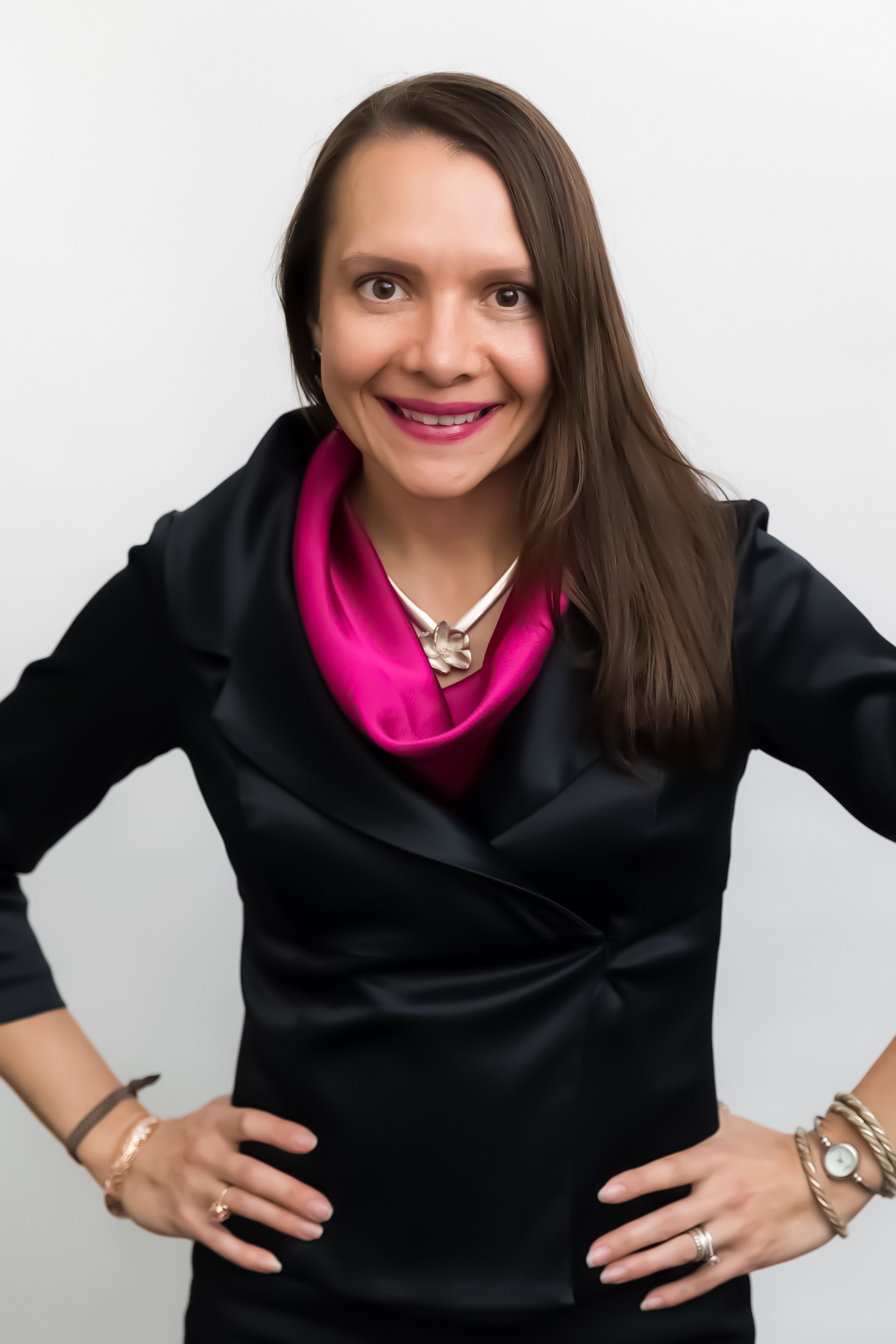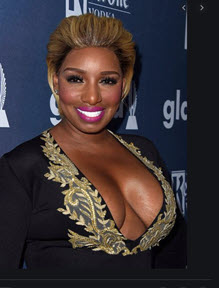

As I’ve mentioned earlier, I came to this country as a child when the Soviet Union broke up and my parents decided to take a shot at this land-of-opportunity thing. I might have been only 10 or 11, but one thing I’ll tell you is this: one’s idea of “normal” is hugely formed by then.
Examine Your “Normal”
Despite the fact that things were about to go from bad to worse for a while in the land where I was born, there was an absence of a few specific issues in my childhood, which molded my “normal” and even my own self- identity when it comes to gender relations and personal dress.
- I never saw the public objectification of women.
- I never saw public displays of sexuality, nudity, or indecency anywhere.
- I never saw women trying to pander to an ever-increasing appetite for more and more skin and displays of sexuality.
I can’t say any of those things about the current environment of many cultures today (I think the Muslim world, with its burkas, is at the other extreme of this), but when I was a kid, in that particular area of the world, there were no overt displays of sexuality. This is why it is not part of my “normal”.
When we came to this country, things were way different. Women here were “liberated” to show as much skin as they wanted; movies and even kids’ cartoons were filled with suggestive, overly romantic, and promiscuous ideas that people of all ages seemed to devour.


It wasn’t until later when I took a long, hard look at why women these days are struggling so hard with self-confidence, constant sexism, and various abuses that the light bulb went off.
Contrast Two Opposing Approaches
Let’s do a bit of comparing and contrasting for a moment between two different influencers of dress in our current world. We’ll look at the business/political/legal sector vs. the entertainment industry.
What’s at the heart of how people in these two groups derive their personal power?
Business/Politics/Legal Sector
Must dress in a way that conjures up immediate trust, credibility, and respect from clients, constituents, and colleagues. (Features traditional business colors, articles of clothing such as suiting, ties, jackets in professional, not overtly sexual styles.)
Entertainment Industry
Must dress in a way that leverages “power/influence” via a cultural standard of sexual desirability (i.e. emphasis on sexual body parts, makeup oozing with overtly sexual styles, hair like you’re just coming out of the bedroom after a romp. I could go on and on, but all I really have to say is, “You know it when you see it!).
So, when it comes to how you personally want to derive “personal power”, would you rather have trust, credibility, and actual respect or would you rather cause people to “assign” you “power” based on ideals of sexual desirability?
The Problem
I’ll give you one little clue before you solidify your decision if you’re not already 100% sure.
The latter is quite fleeting and leads to ever-increasing dependence on the affirmations of others. It involves never-ending needs for cosmetics procedures, always having someone younger and more sexually attractive than you waiting to up you in this game among many other problems.
Much of it is based on arbitrary rankings and competition between women. Even if someone’s confidence isn’t based on competition with others, it’s still dependent on factors outside her control, and therefore, isn’t sustainable.
In other words, reexamine why you buy the clothes you buy and take a hard stance against the influences that keep you dependent.
If you take on the negative dress habits of Hollywood and the entertainment industry, you’re putting yourself into a never-ending cycle of dependence.
Since the current fashion and cosmetics industries are heavily influenced by the trends of the entertainment industry (Hollywood, modeling, sports industry, music industry), they have a real conflict of interest. I wouldn’t trust them for a minute to tell me what to wear.
What To Do About It
Only one viable choice exists to help you rehab from the bad habits and truly build a wardrobe you love, look great in, and that actually helps you have greater respect out there. That is: you must learn the technical aspects of building your appearance on the correct colors and styles.
You have to shift gears and stand up for your self-identity, learn the technical strategies of putting together your personal appearance, and stop giving a hill of beans what the entertainment industry says you should wear.
I came to this country to be free and I found that bondage is real here too. Be free, my friend!
“I love vulgarity. Good taste is death, vulgarity is life.”1 These words by English fashion designer Mary Quant, who took credit for inventing the miniskirt and hot pants2, reveal one of the most important, though rarely pointed out, aspects of the “fashion revolution” that started in the sixties: vulgarity.
1. Mary Quant talks to Alison Adburgham, Tuesday, October 10, 1967, http://century.guardian.co.uk/1960-1969/Story/0,6051,106475,00.html
Leave a Reply